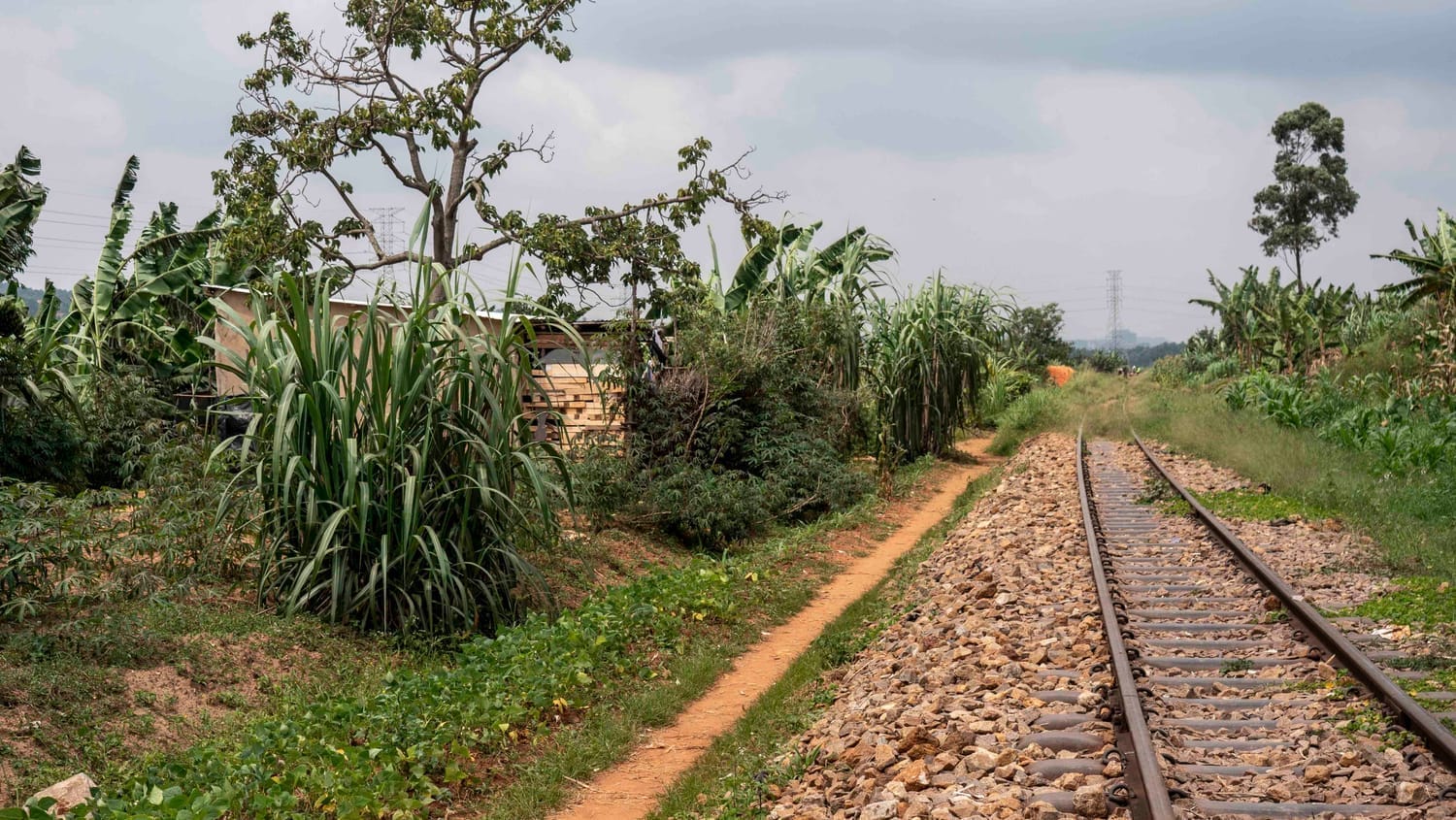🇺🇬 Uganda Triumphs in $2.3 Billion Railway Dispute: A Legal Win for Sovereignty and Justice
The Long Journey of a Railway: Rift Valley Railways and Uganda’s Historic Claim
In a dramatic legal turn, Uganda has emerged victorious in an international arbitration case against Rift Valley Railways (RVR), a consortium once hailed as the future of East Africa's rail connectivity. The tribunal in London dismissed all claims amounting to UGX 8.7 trillion (approx. $2.3 billion) brought forth by RVR investors. This ruling not only marks a significant legal and financial victory but reasserts Uganda’s authority over its national infrastructure.
But how did we get here? Let’s trace the iron tracks of history and contracts, across borders and years of fraught public-private partnerships.
The Dream of a Modern Railway
In 2005, amidst high hopes and economic optimism, Rift Valley Railways, a Kenyan-Ugandan consortium, won a concession to operate and manage the century-old Uganda Railway. The goal was straightforward: transform the crumbling colonial infrastructure into a modern, efficient freight and passenger corridor. It was a privatization push driven by both governments and fueled by foreign investors.
For a brief moment, it seemed East Africa would ride into the future on gleaming rails and reimagined logistics. But the dream soon began to derail.
A Railway Derails: Mismanagement and Missed Promises
From the beginning, RVR was beset by troubles: poor infrastructure investment, inefficient operations, and discontent from workers and stakeholders. Promised rehabilitations never fully materialized. Freight volumes plummeted instead of rising. According to regional transport watchdogs, several contracts were under-delivered or ignored entirely.
In 2017, after over a decade of underperformance and contractual breaches, Uganda terminated RVR’s concession, reclaiming the management of its railway. Kenya followed suit shortly thereafter. This set the stage for a legal standoff that would span years.

The Legal Battle in London
Following the termination, RVR’s investors initiated arbitration proceedings in London, claiming Uganda had unlawfully expropriated their investment. They demanded over $2.3 billion in compensation. The stakes were high—not only financially, but in setting precedent for public-private infrastructure projects across the continent.
Yet, the tribunal found that Uganda had acted lawfully and within its contractual rights. All claims were dismissed, and no compensation was awarded to RVR. The ruling highlighted Uganda's adherence to due process, transparency, and sovereign decision-making.
“This ruling is not just about trains. It’s about accountability, justice, and the right to safeguard public assets,” remarked a senior official from Uganda’s Attorney General’s office.
What This Means for Uganda and Africa
Uganda’s win in this case is symbolic and practical:
Legal Precedent: It underscores the power of well-documented contracts and the ability of nations to reclaim mismanaged assets lawfully.
Investor Caution and Due Diligence: It reminds foreign investors that partnership with governments requires accountability and consistent performance.
Public Confidence: For Ugandans, this verdict restores a sense of justice and protects national interests.
Moreover, it reinforces the importance of local ownership and regional solutions in building sustainable infrastructure.
References & Further Reading
Final Thoughts
Uganda’s win is more than a line in a legal document—it’s a call to rethink how infrastructure partnerships are forged and managed. In a region yearning for connectivity and development, due diligence must ride alongside ambition.
From the dusty corridors of colonial rail lines to the marble halls of London arbitration courts, this story of steel and sovereignty teaches us one thing: when the public good is on the line, justice must stay on track.
Let us know what you think in the comments!
Categories
Newsletter
Subscribe to the newsletter and stay in the loop! By joining, you acknowledge that you'll receive our newsletter and can opt-out anytime hassle-free.







